
A potentially cataclysmic thing happened last week in the world of rum. An explosive piece by Clarissa Wei for Vice Munchies about Nicaraguan rum producer Flor de Caña and the clear linkage of worker deaths in the production of the rum has sparked a very heated and soul searching online debate in the bar industry about its responsibility and potential culpability in supporting companies like these.
Bobby Heugel, the young Houston wunderkind bar man/owner, pretty much got the whole debate going when he posted a picture of Flor de Caña rum bottles he had dumped down the drain accompanied by a very impassioned note about the story and why he did it. To many of us in the industry it feels like a veritable shot heard round the world and the start of a spirits movement not unlike what we have seen in the sustainable food movement.
Rachel Carson’s “Silent Spring” set in a motion a revolution in agriculture that eventually led to the birth of the organic food industry and the movement to transparency and accountability by the people who produce our food. This could be the spirits industry equivalent, which simultaneously feels thrilling and completely overwhelming. Just how does one begin to untangle the intersection of profit, regulations, transparency, health, and justice in this global spirits economy?
The timing of all this is particularly fraught because it occurs just as we in the mezcal industry are dealing with a really strange legal battle about what can be called mezcal, or an agave/maguey distillate which only feeds into the big question of sustainability and equity in the world of agave spirits. I just wrote an article about the conflict between NOM 199 and NOM 70; 199 sounds entirely vindictive, 70 like most of what the mezcal world wants. Interestingly, at our panel discussion with CRM President Hipocrates Nolasco at the Future of Mezcal event in San Francisco on November 13th, he highlighted the CRM’s huge plans to address issues of economic equity for agave farmers, workers, and producers down the line. Nolasco also spoke about issues of sustainability when it comes to the planting of agave and reforestation of the trees used in the production process.
Here’s what we want to see happen, and be part of making happen: A national dialogue on issues like these impacting the spirits industry, and a manifesto that does for spirits what the “good food manifesto” did for food.
Who’s with us?

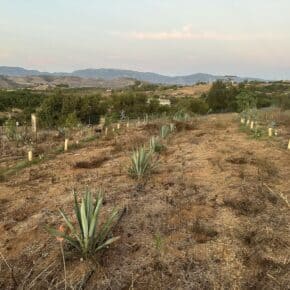
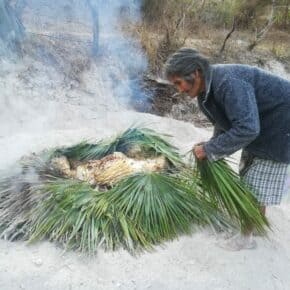
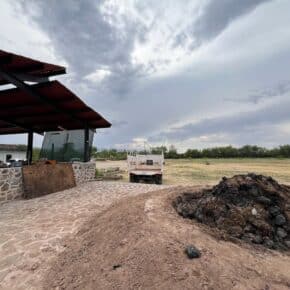
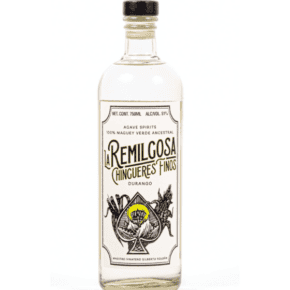
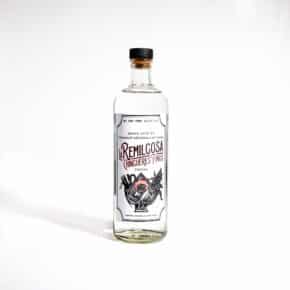
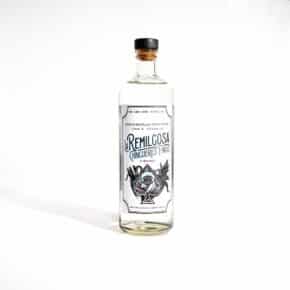






We at Dos Volcanes are with you 100%. ¡Viva la causa!